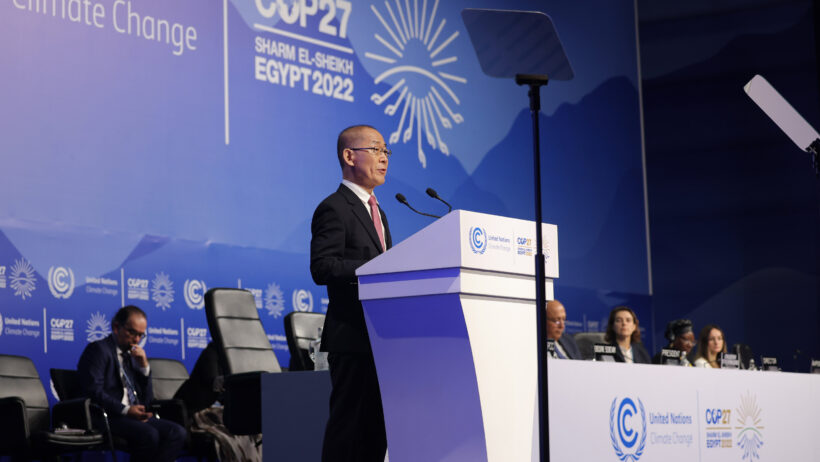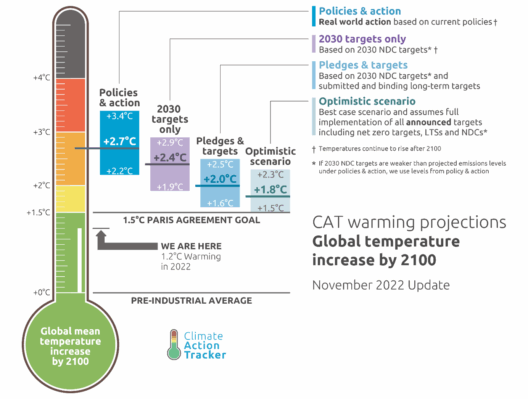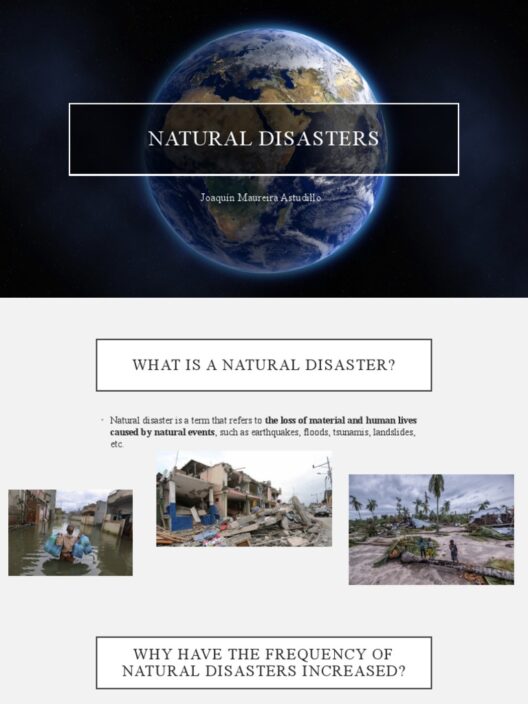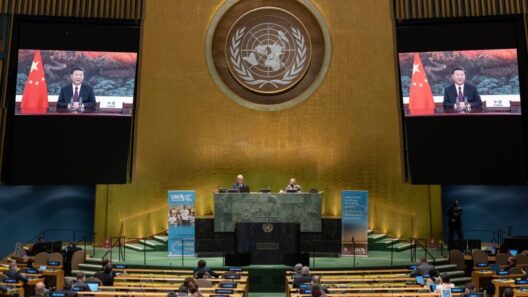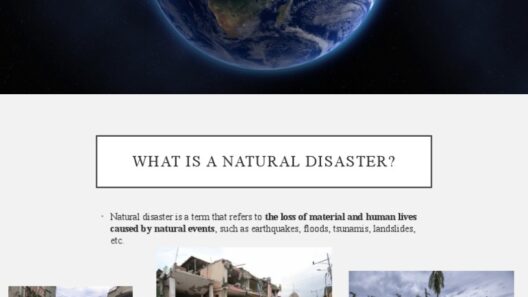France, a nation renowned for its rich history, culture, and culinary excellence, is currently confronting a formidable adversary: climate change. The intricacies of global warming pose unique challenges and complications for the French landscape, economy, and societal structure. This discursive examination delineates France’s multifaceted climate predicament, emphasizing governmental policies, societal responses, and the implications for its future.
To comprehend the extent of France’s climate challenge, it’s essential to consider the nation’s commitments under international accords, particularly the Paris Agreement. In 2015, France hosted the United Nations Framework Convention on Climate Change, leading to a landmark treaty that aims to curb global warming. The weight of this responsibility is magnified by the nation’s historic role in these negotiations, creating a dual obligation: to lead by example on an international stage while addressing domestic vulnerabilities.
France’s geographical location contributes to the nation’s susceptibility to climate change. The Mediterranean coastline, characterized by its vibrant biodiversity, faces formidable risks from rising sea levels and increased temperature fluctuations. Coastal regions are not only essential for tourism and fisheries but also serve as critical ecosystems. The deteriorating health of these areas is a pressing concern, calling for immediate action to mitigate their degradation while balancing economic interests.
Climate change manifests in different forms across various regions of France. In the arid south, prolonged droughts and heatwaves have exacerbated water scarcity, affecting agriculture—one of France’s economic backbones. Agriculturalists are grappling with a grim reality where traditional crop yields plummet due to inadequate rainfall and altered growing seasons. The threat of food insecurity looms larger as farmers are forced to adapt to these new climatic norms, often with limited resources or support.
The French government has initiated numerous policies aimed at reducing greenhouse gas emissions and transitioning towards a sustainable future. The Energy Transition for Green Growth Act of 2015 outlines ambitious targets, including a substantial reduction in fossil fuel dependence and an increase in renewable energy sources. Wind and solar energy projects have gained momentum, revealing both the innovative spirit and the socio-economic rifts within the populace. Transitioning to renewable sources is not merely a policy decision; it signifies a shift in cultural mindsets that must be collectively embraced.
However, the pathway toward sustainability is riddled with complexities. Critics of governmental policies often highlight the paradox of green initiatives that disproportionately affect lower-income citizens. The ‘gilets jaunes’ (yellow vests) protests serve as a telling anecdote of this unease. What began as a protest against rising fuel taxes morphed into a broader discussion on economic inequality and the inclusivity of climate policies. For effective climate action, it is imperative that the socio-economic dimension is acknowledged, ensuring that solutions do not exacerbate existing disparities but instead foster inclusive growth.
Furthermore, transportation, a notorious contributor to emissions, requires urgent reform. France boasts an extensive rail network that could serve as a model for reducing carbon footprints. By investing in public transportation infrastructure, the government can provide eco-friendly alternatives that are accessible and efficient. However, with the entrenchment of car culture in suburban areas, changing transportation habits demands a cultural paradigm shift alongside infrastructural improvements.
In the public sphere, climate activism has gained steam, fostering a burgeoning awareness of environmental issues among citizens. Grassroots movements are compelling local governments to reevaluate their policies and prioritize sustainability. Campaigns, community projects, and educational programs are nurturing a generation more cognizant of their ecological footprint. While the intersection of activism and policy can sometimes be contentious, it is inarguable that public discourse plays a critical role in shaping meaningful change.
Academic institutions and think tanks throughout France are also pivotal in addressing climate change. Research initiatives focusing on climate science, policy efficacy, and social impact contribute to the burgeoning body of knowledge necessary for informed decision-making. Collaborations across disciplines—science, economics, and sociology—are essential in creating comprehensive strategies to combat climate change, underscoring the integrative nature of this challenge.
As France forges ahead, it is crucial to recognize that climate change is not merely a scientific or political issue; it is an existential challenge that calls for collective action. The urgency of the situation necessitates a concerted effort from all segments of society, including government, businesses, communities, and individuals. France’s journey toward sustainability can serve as an exemplary model globally, illustrating how resilience and innovation can coalesce within the framework of democracy.
Critically, France must navigate global relationships concerning climate change. International collaboration remains vital, particularly with countries that face escalating climate impacts. Engaging in dialogue, sharing technology, and fostering partnerships that emphasize sustainability can enhance global efforts to combat climate change effectively. It is a clarion call for cooperation, relying on the tenet that no nation can isolate itself from the consequences of environmental degradation.
In conclusion, while France grapples with the multifarious challenges presented by climate change, the nation stands at a crossroads. The decisions made today will resonate for generations. As it seeks to balance economic vitality with environmental stewardship, the path forward must be paved with inclusive, resilient strategies that acknowledge the intricacies of both human and ecological systems. The challenge is indeed daunting, but with collaborative resolve, it is surmountable—France’s response will define not only its future but potentially that of the planet.



